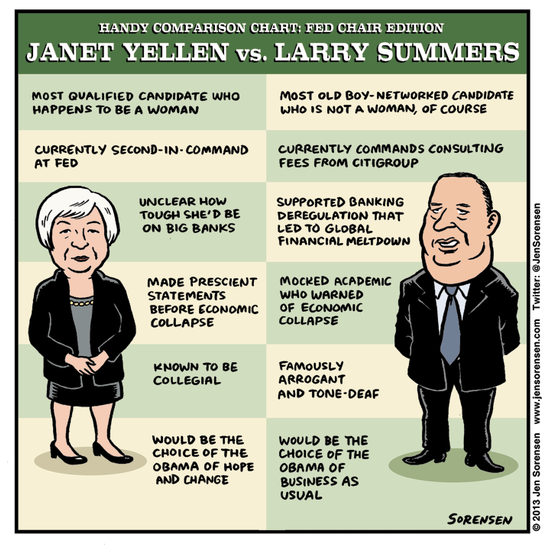The following is the issue of the day as requested by email. I think it is indicative of how to provide cruelty free leadership toward Sustainable Prosperity. I will publish more of these as they come up.
Hi Anthea -
Thanks for voicing your concerns. I believe they are fully addressed in well established policy on the issue, as attached. However, I will elaborate for you briefly so I can demonstrate to you that I understand the issue, AND how to fix the problems you identified. Live export of animals must be eliminated with a preference for the shipment of frozen meat products (including halal conforming meat). Further, we need to address conformance to acceptable behaviour through random audit of Australian meat processors, and insure they have systems in place to meet those requirements. Those that demonstrably cannot or will not conform with be closed. Those that can meet requirements will thrive with new business in processing additional frozen meat for export.
With respect to battery farms, and any other animal production activity, I support the development of an independent and scientifically overseen standards for labelling of “free range”, “organic” and other terms that are misleadingly used in advertising. See the National Carbon Offset Standard for an example of what works in this type of area.
Long term, it would be nice if we could all be vegetarians, but that isn’t going to happen, not even to me. However, I have a long history as a problem solver, including the invention of pollution control devices and development of systems of controls to minimise environmental, safety and health risk in industry, and for the public. Please check out my profile if you want to know more. I and my company practice what we preach, as the first voluntarily carbon neutral consulting firm in the country, we have been carbon emission neutral since 2008. We support communities where we live through things like Wakakirri.
I truly believe I will be the most competent and effective representative you could elect this election, and ask for your support.
Regards,
William Thiel, Australian Democrats Candidate for Senate (WA)
william.thiel@australian-democrats.org.au

NPER 2043071

On 29/08/2013, at 6:25 AM, Anthea wrote:
Hello fellow Australian,
I am writing to enquire about your policy towards Animal Welfare. I hope if successful your party will give serious consideration to this problem. I am a very serious activist in this area, and disgusted how our poor animals are treated, not only in the live export practice but also in the farming area.
I have watched many videos of how our poor sheep, cattle, hens and pigs are treated. Recently it has been uncovered how sows are forced to lay down permanently to feed piglets, whilst bolted in place, this is happening at a piggery in NSW. This and all the other cruel practices should be abolished and free range farming enforced as in New Zealand and other countries. We are supposed to be a first world country but have practices that not even third world countries allow. Not very Australia.
